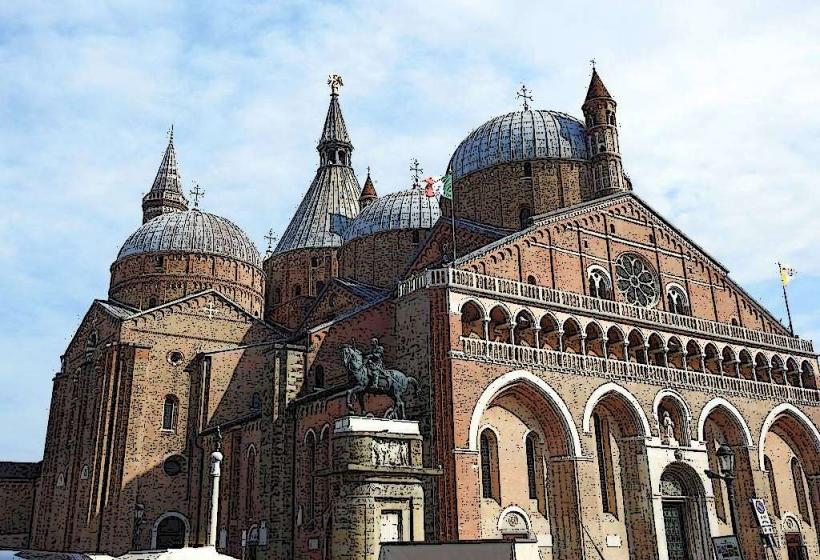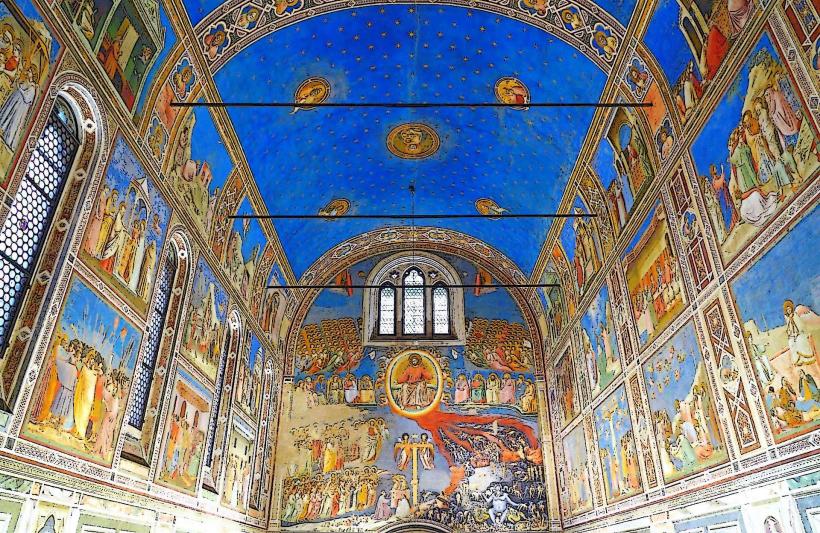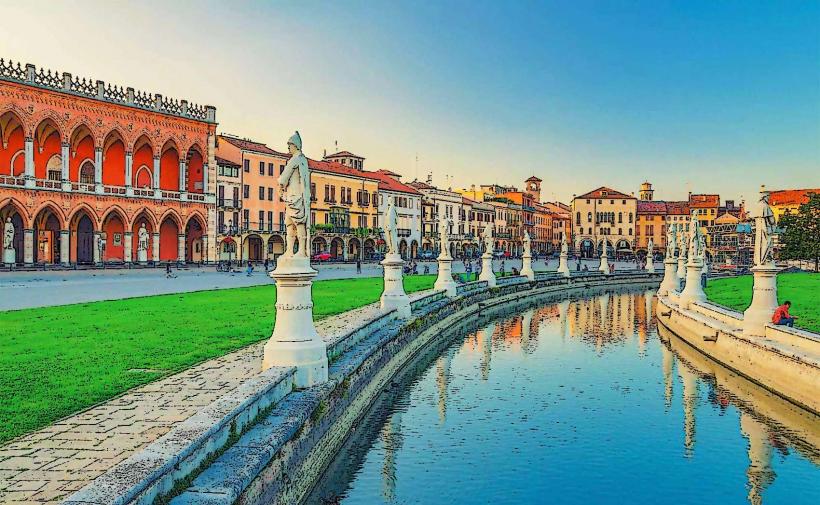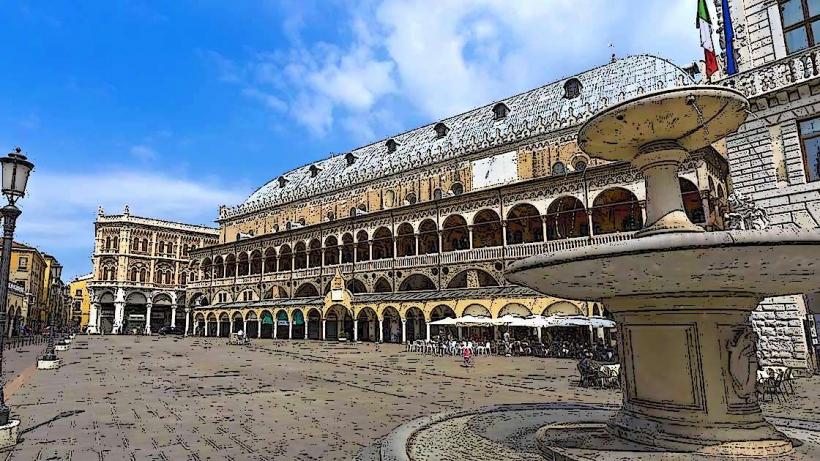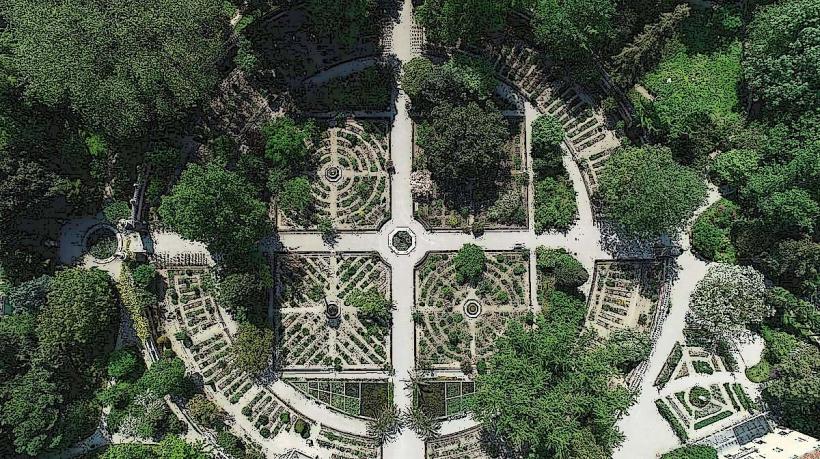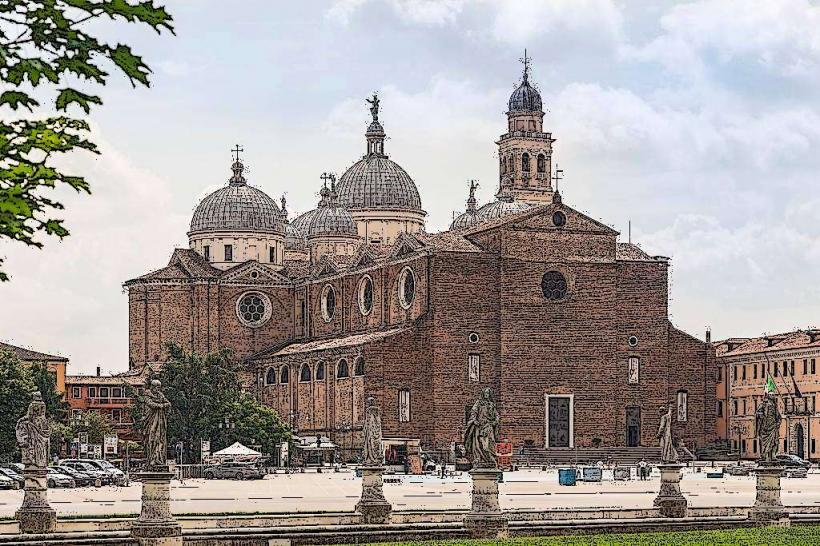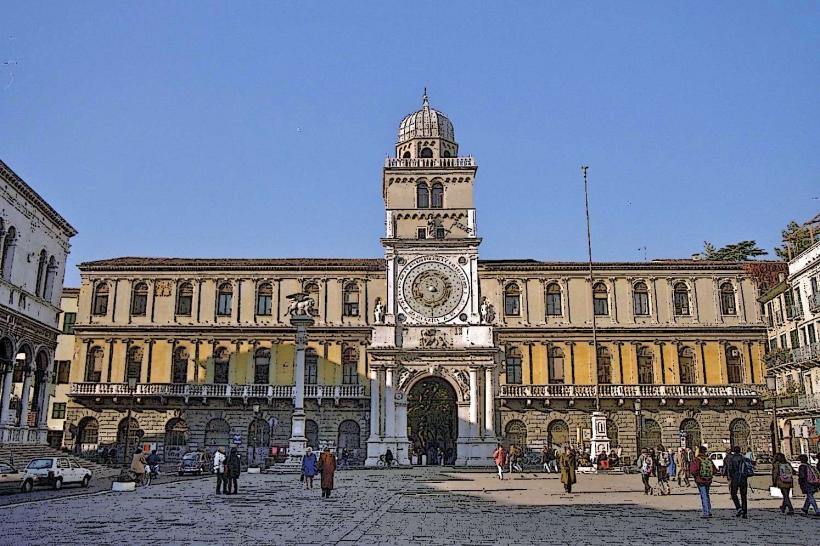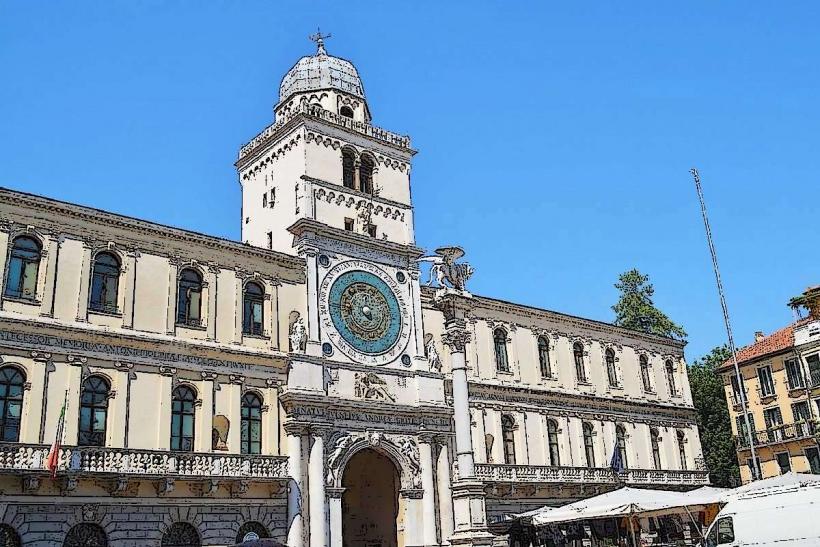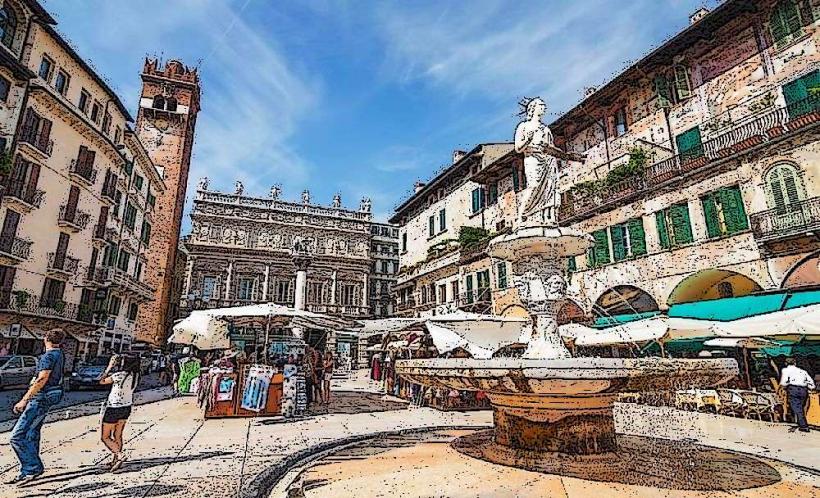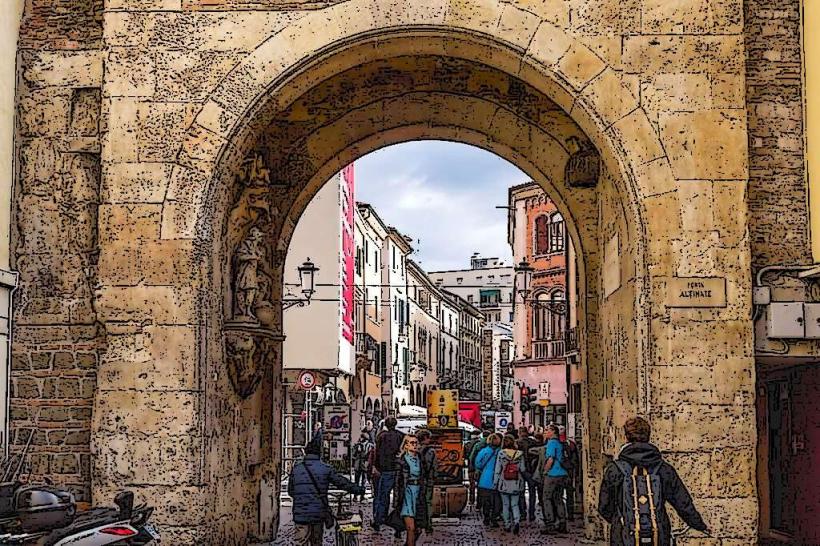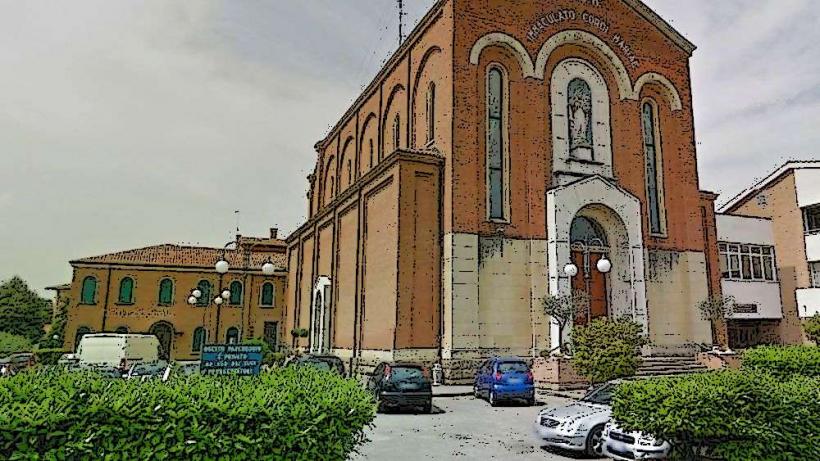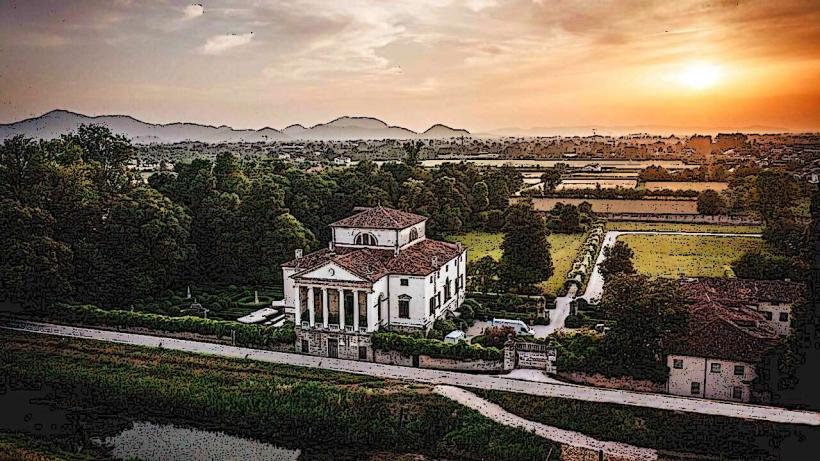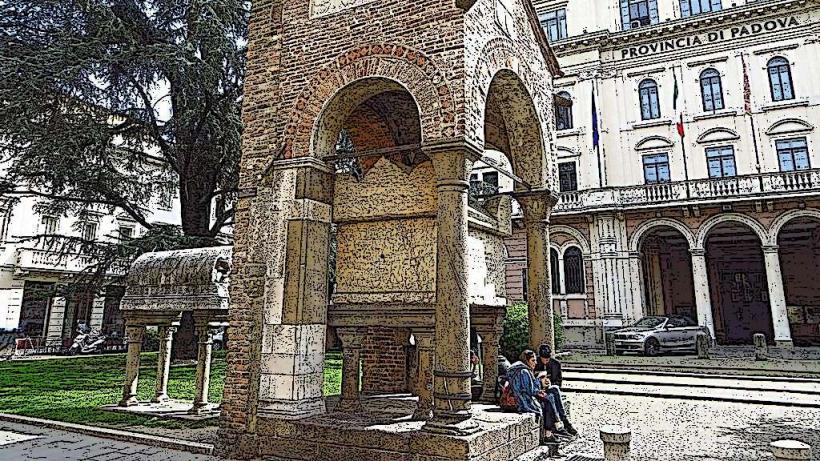Information
Landmark: Piazza dei SignoriCity: Padua
Country: Italy
Continent: Europe
Piazza dei Signori, Padua, Italy, Europe
Piazza dei Signori is the primary civic square of Padua, historically serving as the site for official ceremonies and tournaments. It stands in contrast to the neighboring commercial squares (Piazza delle Erbe and Piazza della Frutta).
Visual Characteristics
The square is dominated by the Palazzo del Capitanio and its monumental Clock Tower. The perimeter is defined by medieval and Renaissance arcaded buildings. On the eastern side stands the Loggia del Consiglio, a refined Renaissance structure with a grand staircase and elegant arches.
Location & Access Logistics
Address: Piazza dei Signori, 35139 Padova.
Access: Located in the pedestrian heart of the city, west of Palazzo della Ragione.
Tram: Closest stop is Ponti Romani.
Entry: Public square; free 24/7. Guided tours of the Clock Tower are available by reservation.
Mobility: Flat and paved; fully accessible.
Historical & Engineering Origin
The square is named after the "Signori" (Lords) of the Carraresi family, who established their residence here in the 14th century.
Engineering Note: The Astrarium Clock (reconstructed in 1427 based on a 1344 design) is a masterpiece of medieval mechanical engineering. It is one of the oldest working astronomical clocks in the world, displaying hours, dates, moon phases, and the positions of the sun within the zodiac.
Key Highlights
The Clock Tower: Features a gold and blue dial. Notably, the zodiac sign for Libra is missing. Legend claims the builder omitted it to spite the patron, but it actually reflects the ancient Babylonian/pre-Roman zodiac system where Scorpio and Libra were treated as a single constellation.
Loggia del Consiglio: Originally the seat of the city council, known for its balanced proportions and decorative frescoes.
Column of St. Mark: Topped with the Winged Lion, it signifies Padua's historical transition to Venetian rule in 1405.
Infrastructure & Amenities
Full 5G coverage. The square is a focal point for Padua's social life, particularly for the local "spritz" culture, with numerous cafes providing outdoor seating.
Best Time to Visit
Evening: For the dramatic lighting of the tower and loggia.
Aperitivo Hour (Late Afternoon): To observe the local social atmosphere.
Nearby Landmarks
Palazzo della Ragione: 0.1 km East.
Padua Cathedral & Baptistery: 0.1 km West.
Piazza delle Erbe: 0.15 km East.

